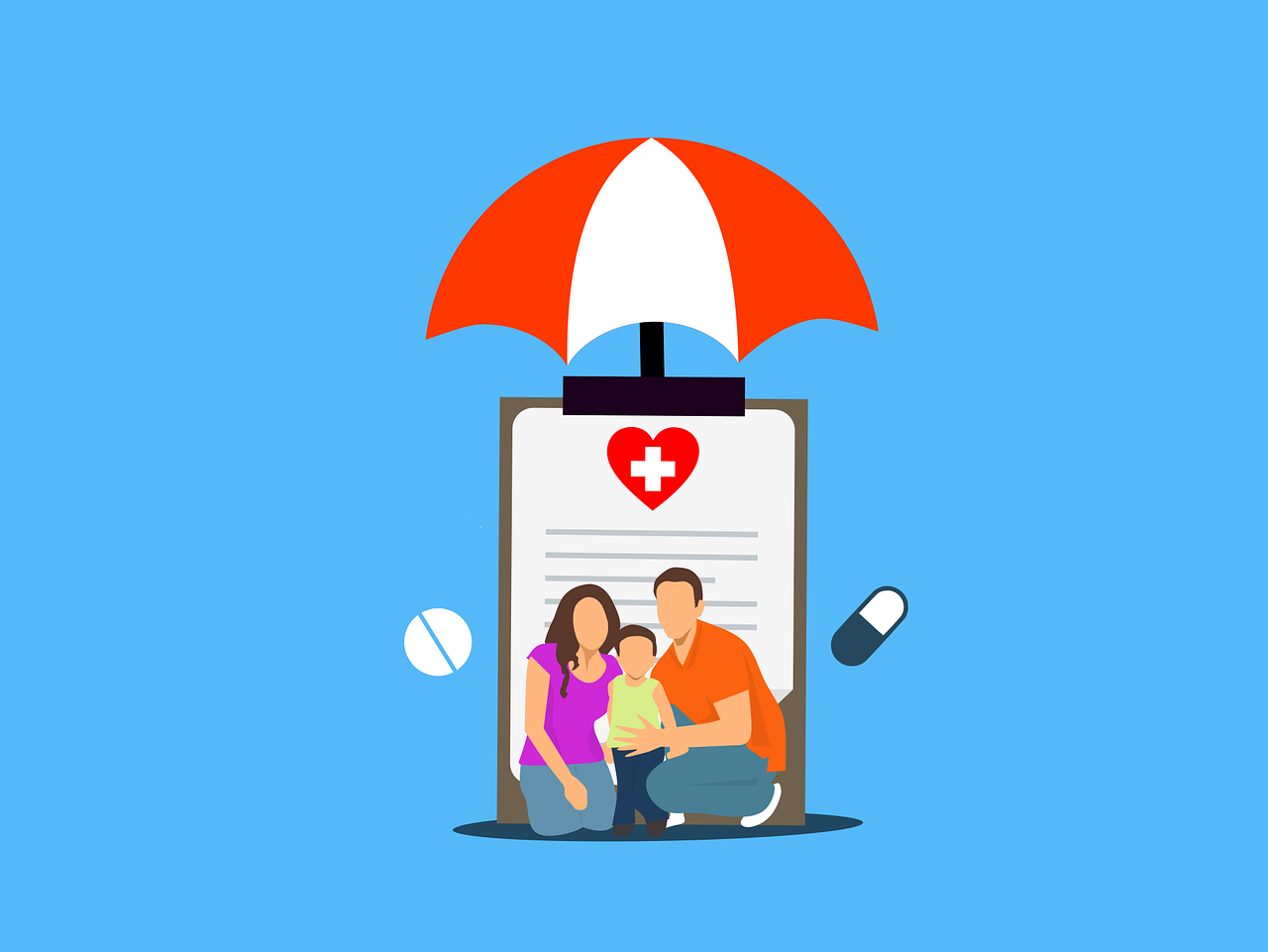Health insurance is a critical part of your financial planning, offering protection against the high costs of medical care. Without it, a sudden illness or injury could lead to significant out-of-pocket expenses, potentially putting your financial stability at risk. Understanding the impact of health insurance on your finances can help you make informed decisions about the coverage you need and how to manage your healthcare costs effectively.
Why Health Insurance Is Important
Health insurance provides coverage for a wide range of medical services, from routine check-ups to emergency surgeries. By paying a monthly premium, you share the cost of healthcare with the insurance company, which can significantly reduce the amount you need to pay when you seek medical treatment.
Here are some key reasons why health insurance is important:
- Protection Against High Medical Costs
Medical care can be incredibly expensive, especially if you require hospitalization, surgery, or long-term treatment for a chronic condition. Without insurance, you would be responsible for paying these costs out of pocket, which could quickly drain your savings or lead to debt. Health insurance helps cover these costs, making healthcare more affordable.
- Access to Preventive Care
Health insurance often covers preventive services, such as vaccinations, screenings, and annual check-ups, at little to no cost. Preventive care is crucial for catching potential health issues early, when they are easier and less expensive to treat. By having insurance, you’re more likely to take advantage of these services, leading to better long-term health and potentially lower medical expenses.
- Financial Security in Emergencies
Accidents and illnesses can happen unexpectedly, and the costs can be overwhelming. Health insurance provides a safety net, ensuring that you can get the care you need without worrying about how you’ll pay for it. This financial security can give you peace of mind, knowing that you’re protected in case of an emergency.
- Reduced Out-of-Pocket Expenses
With health insurance, your out-of-pocket expenses are usually limited to copayments, coinsurance, and deductibles. Once you reach your out-of-pocket maximum, your insurance will cover 100% of your covered medical expenses for the rest of the year. This limit protects you from catastrophic healthcare costs that could otherwise lead to financial ruin.
How Health Insurance Affects Your Budget
While health insurance provides valuable financial protection, it’s also an expense that needs to be factored into your budget. Here’s how health insurance can impact your finances:
- Monthly Premiums
The most obvious cost of health insurance is the monthly premium you pay to maintain your coverage. Premiums can vary widely depending on factors like your age, location, and the type of plan you choose. It’s important to select a plan that fits your budget while still providing the coverage you need.
- Deductibles
A deductible is the amount you must pay out of pocket before your insurance begins to cover your medical expenses. Plans with lower premiums often have higher deductibles, meaning you’ll pay more upfront before your insurance kicks in. When choosing a plan, consider how much you can afford to pay out of pocket in the event of a major medical expense.
- Copayments and Coinsurance
Copayments are fixed amounts you pay for specific services, such as doctor visits or prescriptions. Coinsurance is a percentage of the cost of a service that you pay after meeting your deductible. These costs can add up, especially if you require frequent medical care, so it’s important to consider them when budgeting for healthcare expenses.
- Out-of-Pocket Maximum
The out-of-pocket maximum is the most you’ll have to pay for covered services in a plan year. Once you reach this limit, your insurance covers 100% of your medical costs for the rest of the year. While plans with lower out-of-pocket maximums can be more expensive, they provide greater financial protection if you have high medical expenses.
- Prescription Drug Costs
Many health insurance plans include prescription drug coverage, but the cost can vary depending on the plan’s formulary, which is the list of medications covered by the insurance. Some plans may require you to pay a higher copayment for certain drugs or use generic versions to save money. Understanding your plan’s prescription drug coverage can help you manage these costs effectively.
Strategies to Maximize the Value of Your Health Insurance
To get the most out of your health insurance and minimize its impact on your finances, consider the following strategies:
- Choose the Right Plan for Your Needs
When selecting a health insurance plan, it’s important to consider not just the cost of the premiums, but also the coverage it provides. If you’re generally healthy and don’t anticipate needing much medical care, a plan with a higher deductible and lower premiums might be a good choice. However, if you have ongoing health issues or expect to need frequent medical services, a plan with higher premiums but lower out-of-pocket costs may be more cost-effective in the long run.
- Take Advantage of Preventive Care
Most health insurance plans cover preventive services at no additional cost to you. Regular check-ups, screenings, and vaccinations can help you stay healthy and catch any potential health issues early. By taking advantage of these services, you can avoid more serious and costly medical problems down the road.
- Use In-Network Providers
Health insurance plans typically have a network of preferred providers, which are doctors, hospitals, and other healthcare professionals that have agreed to provide services at lower rates. Using in-network providers can significantly reduce your out-of-pocket costs, so it’s important to check whether your preferred doctors and hospitals are in-network before seeking care.
- Understand Your Prescription Drug Coverage
Prescription drugs can be a significant expense, especially if you take multiple medications. Understanding your plan’s formulary and using generic drugs when available can help you manage these costs. Additionally, some plans offer mail-order pharmacy services, which can provide cost savings and convenience for long-term medications.
- Consider a Health Savings Account (HSA)
If you have a high-deductible health plan, you may be eligible to open a Health Savings Account (HSA). HSAs allow you to save money tax-free to pay for qualified medical expenses. Contributions to an HSA can lower your taxable income, and the funds roll over from year to year, allowing you to build a financial cushion for future healthcare needs.
Conclusion
Health insurance plays a crucial role in protecting your finances from the high costs of medical care. While it’s an essential expense, understanding how health insurance works and how it impacts your budget can help you make informed decisions about your coverage. By choosing the right plan, taking advantage of preventive care, and managing your healthcare costs effectively, you can maximize the value of your health insurance and ensure that you’re financially prepared for any medical expenses that come your way. In the long run, having the right health insurance can provide peace of mind and financial security, allowing you to focus on what matters most—your health and well-being.


